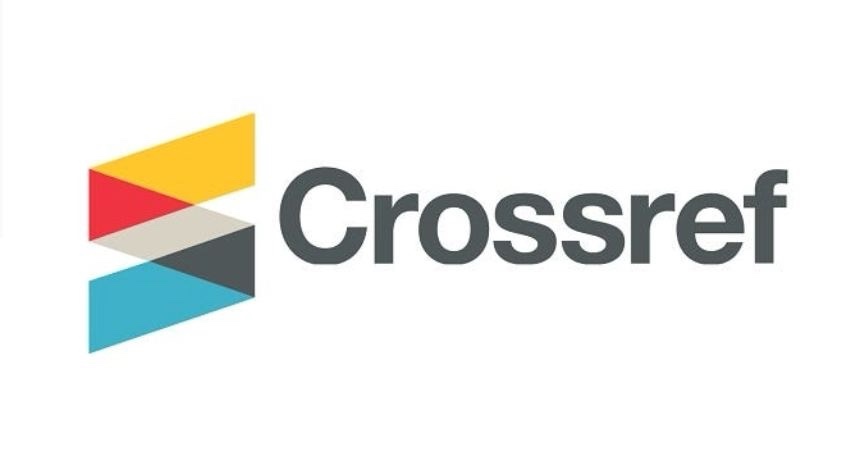Effect of Atorvastatin on Bone biochemical markers in dyslipidemic patients, Basra, Iraq
DOI:
https://doi.org/10.58897/injns.v29i1.242Keywords:
dyslipidemia --- osteoporosis --- atorvastatin --- NTX-I --- Osteocalcin --- dyslipidemia --- osteoporosis --- atorvastatin --- NTX-I --- OsteocalcinAbstract
Objective: The aim of the study was to estimate the action atorvastatin(20mg/day) on bone biochemical markers dyslipidemic men. Methodology: This study was conducted between May 2015 and November 2015 in Al-Basrah General hospital in Basra, Iraq, to evaluate important role of atorvastatin (20mg/day)(Lipitor® Pfizer Pharma GmbH.Germany) on bone biochemical markers. Thirty men patients who had been admitted for a variety of medical problems included in the study. All the patients had previously been diagnosed with Dyslipidemia by specialist physician in internal medicine and all patients age below 55 years . the inclusion criteria for the experimental group was use of atorvastatin for at least three months; the study group was then compared to age-matched healthy men .bone biochemical markers were compared between groups. Results are expressed mean ± SD; statistically Student’s t test was used to compare variables. Results: The mean age of the statin group was 44.5 ± 5.9 and control group was 45.7 ± 4.4.After 3 months treatment with atorvastatin, as in table (1) and figures (1-8) Surprisely level of serum total cholesterol remain significantly higher than value of normal healthy group. LDL value significantly reduced by treatment but still significantly higher than values of normal group. HDL value were significantly higher than that of its initial values, but level of HDL ;after treatment; was not significantly different from that of normal group. Triglycerides was not significantly changed by treatment and its value still significantly higher than normal group. Vit D level was not significantly change by treatment and its value was significantly lower than normal group. Osteocalcin was elevated significantly by treatment; and this elevation was significantly as compared with its initial value and with that of normal group. Amino Terminal telopeptide procollagen type I (NTX-I) was not significantly change by treatment and its value still significantly higher than normal group and before treatment values. Also body mass index value was not significantly changed by treatment. Recommendations: Further studies are recommended to confirm the positive effects of atorvastatin and other statins on bone biochemical markers with larger number of patients and longer period of follow up. Also other bone formation and resorption markers are recommended to determine the expected mechanisms of action of statins on bone remodeling processes.















